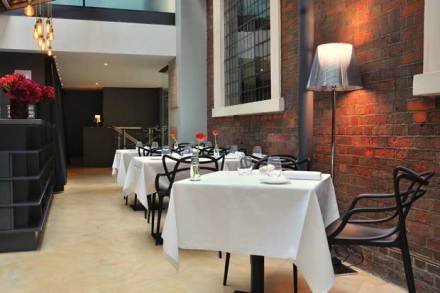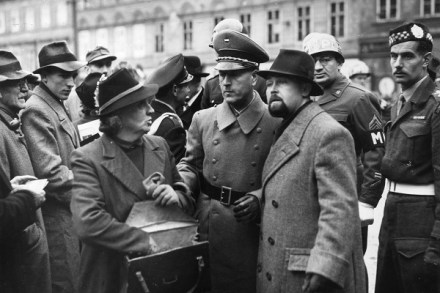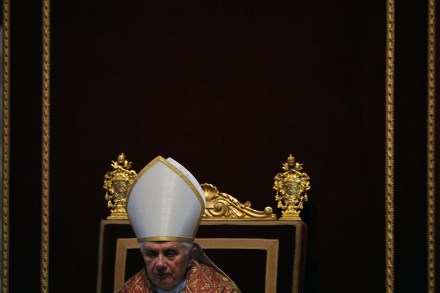A restaurant in a synagogue. How strange can it be?
A restaurant in a synagogue may be too mad even for this column but we are Jews, so why not? (Column shrugs with the secret frisson of negative stereotyping.) 1701 is adjacent to Bevis Marks Synagogue in the City of London; it is the oldest, wisest and most camouflaged synagogue in Britain, disguised, presumably for safety, as a Christopher Wren church. This anticipates the joy of confusion — rabbis (I have long stopped calling them rabbits, being above such idiocies, as in Orthodox Rabbit, Progressive Rabbit, Welsh Rabbit) being asked for salad dressing, waiters being asked for blessings, security men (Jews love security men, in a complex way) being asked








